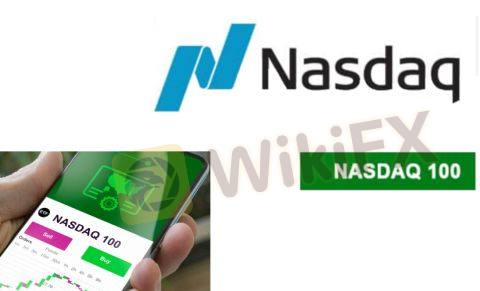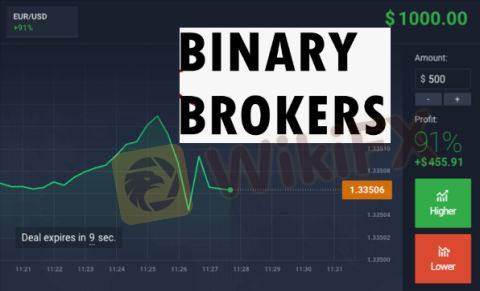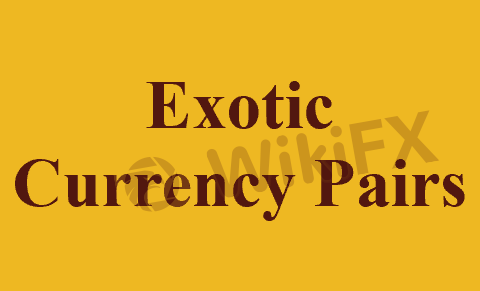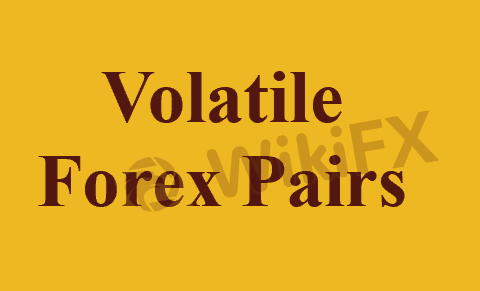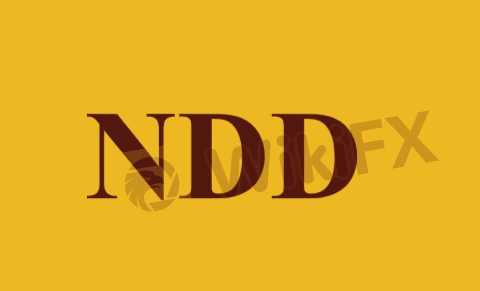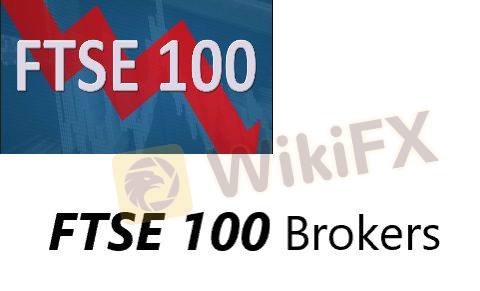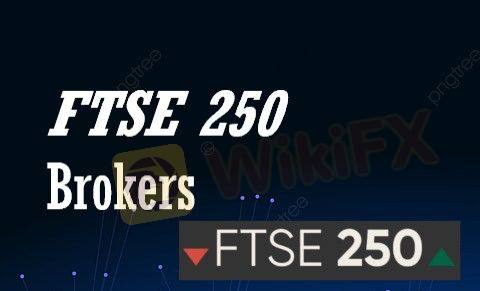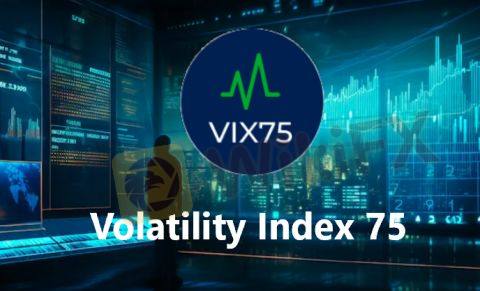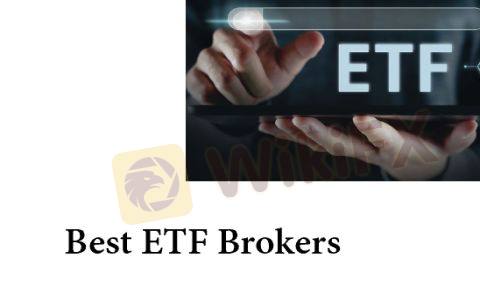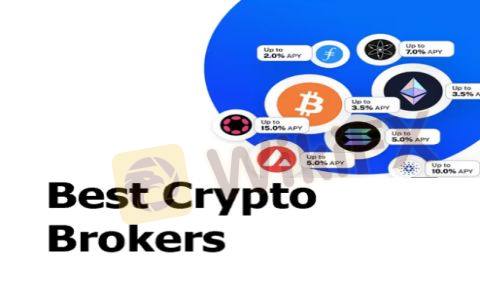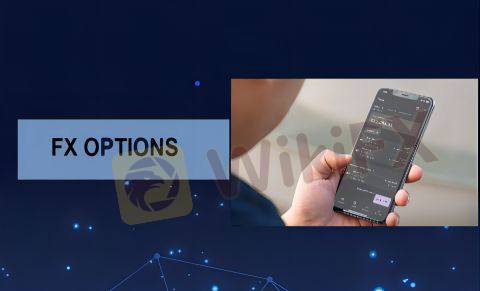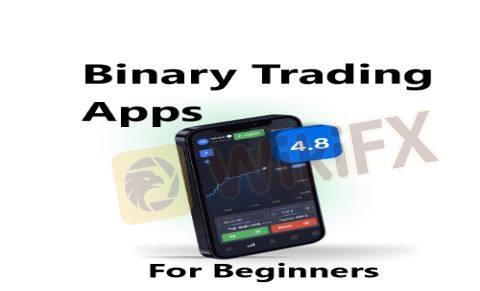Since Bitcoin's inception in 2008, the cryptocurrency market has seen a rollercoaster ride of bull and bear markets, coupled with evolving regulatory landscapes. While the market has matured, the intrinsic value of cryptocurrencies remains a subject of intense debate. Negative headlines have plagued the industry, from the spectacular collapse of FTX and the subsequent criminal charges against its executives to the SEC's scrutiny of major exchanges like Binance and Coinbase.
The advent of Central Bank Digital Currencies (CBDCs) is poised to reshape the cryptocurrency landscape. Meanwhile, DeFi continues to innovate, and cryptocurrencies are playing an increasingly pivotal role in the metaverse.
If you're a novice looking to dip your toes into the world of cryptocurrency trading, this article is a must-read. We've objectively evaluated and ranked trading platforms to help you make informed decisions. When comparing platforms, factors like fees, cryptocurrency selection, staking rewards, and customer support are crucial.

Where to Trade Cryptocurrencies? Platform Comparison: Brokers vs. Exchanges
Cryptocurrency trading involves speculating on price movements using either Contracts for Difference (CFDs) or directly buying and selling through exchanges. CFDs offer leveraged bets on price changes without owning the underlying cryptocurrency, while direct exchange trading requires purchasing the actual asset. Both methods have distinct advantages and disadvantages, including varying risk levels, fees, and learning curves.
Brokers vs. Exchanges
You can also trade cryptocurrency derivatives like CFDs and futures contracts through brokers. Brokers often offer a more personalized service but may have limited cryptocurrency options and higher fees. Cryptocurrency exchanges, on the other hand, are platforms where users trade directly with each other. Exchanges typically offer a wider range of cryptocurrencies and may have lower fees, but they require more technical knowledge and can be less personalized.
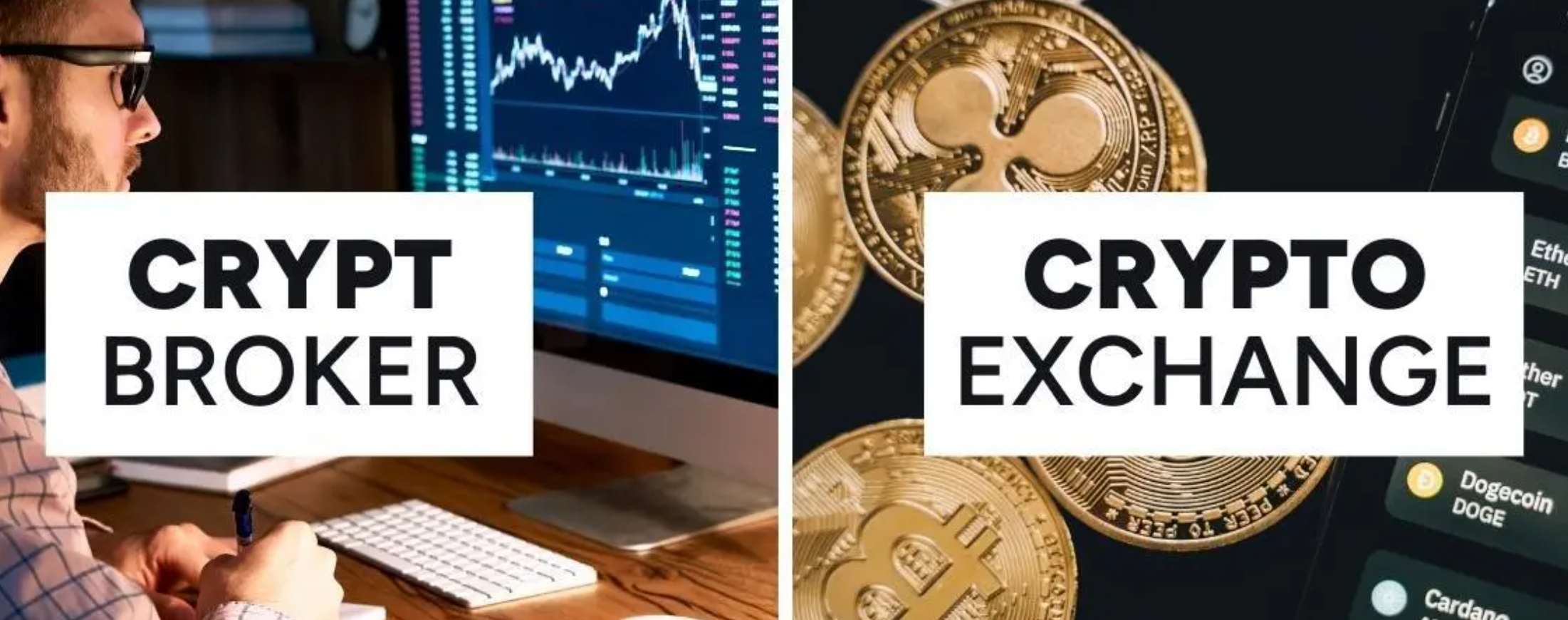
Top 5 Best Brokers or Exchanges to Trade Cryptocurrencies for 2024
Platforms
Cryptos to trade
Crypto Transaction Fee
Staking or Rewards Program
Robinhood
35+
From 0.00%
Yes
eToro
69
1.00%
Yes
Interactive Brokers
4
0.12%-0.18%
No
Coinbase
249
0.60%
Yes
Kraken
200+
0.40%
Yes
| Platforms | Cryptos to trade | Crypto Transaction Fee | Staking or Rewards Program |
| Robinhood | 35+ | From 0.00% | Yes |
| eToro | 69 | 1.00% | Yes |
| Interactive Brokers | 4 | 0.12%-0.18% | No |
| Coinbase | 249 | 0.60% | Yes |
| Kraken | 200+ | 0.40% | Yes |
Robinhood Crypto
Wide range of cryptocurrencies: You can also buy and sell 35+ cryptocurrencies with euros at low average costs.
Additional earning opportunities: Robinhood provides various earning opportunities, including 15% rewards on USDC holdings, staking rewards on SOL, and educational rewards for learning about cryptocurrencies.
Strong security measures: Not lending your crypto or leveraging against it, backing accounts with industry-leading security measures, storing the majority of crypto in cold storage
Claiming zero commissions: Although Zero-fee Bitcoin trading with no commissions and no added spreads from Robinhood Crypto. We must note other fees.
eToro Crypto
More cryptocurrency selection compared with others brokers: eToro offers a wide array of cryptocurrencies for trading, with over 69 assets currently supported.
Staking opportunities: Users can earn staking rewards on Cardano, Solana, Ethereum, and Tron (for eToro ME users).
Social trading features: eToro's social trading features allow you to follow and copy the trades of successful investors.
Limited staking options for eToro ME users: Staking is not available for all supported cryptocurrencies in the UAE.
Staking rewards vary based on club level: Higher tiers may earn higher rewards, but this can limit accessibility for lower-tier members.
Relatively higher transaction fees: eToro charges 1% transaction fee with no overnight or custody fees.
Market spread: While not a direct fee, the market spread can impact your trading profits.
InteractiveBrokers Crypto
Low commissions: Interactive Brokers offers highly competitive commissions for cryptocurrency trading, as low as 0.12% to 0.18% of the trade value with a minimum of $1.75 per order (capped at 1% of trade value), and no additional spreads, markups, or custody fees.
Comprehensive trading platform: Users can trade cryptocurrencies, stocks, options, ETFs, futures, bonds, and more on a single platform.
Professional trading features: Offers 24/7 trading, non-marketable limit orders, the ability to withdraw crypto assets to external wallets, and other advanced trading features.
Regulatory compliance: Partners with Paxos Trust Company or Zero Hash LLC, supervising strict regulatory standards. (Paxos Trust Company is regulated and supervised by the New York Department of Financial Services (the New York bank regulator). Zero Hash LLC is a FinCEN-registered Money Services Business).
Limited cryptocurrency selection: Currently only supports four major cryptocurrencies: Bitcoin, Ethereum, Litecoin, and Bitcoin Cash.
Platform geared towards advanced users: The platform is powerful and more suitable for experienced traders, and new users may need some time to adapt.
Cannot directly trade crypto-to-crypto: Unlike pure cryptocurrency trading platforms like Coinbase, Gemini, you cannot directly trade one cryptocurrency for another.
Coinbase
User-friendly platform: Coinbase has been a pioneer in accessible crypto trading and it is a great choice for beginners.
Wide range of cryptocurrencies: With over 249 cryptocurrencies available, Coinbase offers a diverse selection.
Strong security measures:Coinbase uses 2-factor authentication and password recommendations.
Transaction fees: Coinbase charges fees for buying, selling, and converting cryptocurrencies. Maker orders (unfilled orders placed on the order book) have lower fees (0.00% to 0.40%) than taker orders (orders filled immediately at the market price), which have fees between 0.05% and 0.60%.
Market spreads: The market spread affects buy and sell order prices.
Staking fees: There is no fee to stake or unstake cryptocurrencies. Coinbase takes a commission based on the rewards you receive from the network. Their standard commission is 35% for ADA, ATOM, AVAX, DOT, MATIC, SOL, and XTZ. For ADA, ATOM, DOT, SOL, and XTZ, the commission is 26.3% for eligible Coinbase One members.
Kraken
Extensive range of trading pairs: Supports buying and selling 200+ cryptocurrencies, including major coins like Bitcoin and Ethereum, as well as emerging assets like NFTs.
Secure measures of its users' funds. The platform has implemented a multitude of security measures, including ISO/IEC 27001:2013 certification and SOC 2 Type 1 examination.
Complex fee structure: Fees include not only trading fees but also spreads, deposit and withdrawal fees, NFT trading fees, and A 3% fee is charged for converting balances below the minimum order size.
Multiple factors affecting fees: Fees can be influenced by various factors such as trading pairs, trading volume, payment methods, and more.
Specific NFT trading fees: In addition to trading fees, NFT trading involves creator royalties, listing fees, cancellation fees, and deposit withdrawal fees.
| Robinhood |  |
| KEY Features | |
| Trading fees | 0 |
| Number of cryptocurrencies offered | 35+ |
| Staking or rewards program | Yes |

Best for: Beginners and investors seeking commission-free trading and additional earning opportunities.
Why we picked it:
What we should pay attention to:
| eToro |  |
| KEY Features | |
| Trading fees | 1% |
| Number of cryptocurrencies offered | 69 |
| Staking or rewards program | Yes |
Best for: Beginners and intermediate traders
Why we picked it:
What we should pay attention to:
Staking rewards vary based on your eToro Club level. Higher tiers typically receive higher staking rewards. For example, Platinum+ and Diamond members may earn up to 90% of the annualized staking reward.

eToro offers a simple fee structure for buying and selling cryptocurrencies. The primary fee is a 1% transaction fee. There are no overnight or custody fees, but a 2% fee applies for transferring crypto assets to your eToro Money wallet.

| InteractiveBrokers |  |
| KEY Features | |
| Trading fees | 0.12% to 0.18% |
| Number of cryptocurrencies offered | 4 |
| Staking or rewards program | None. |
Best for: Experienced investors and advanced traders
Why we picked it:
What we should pay attention to:
| Coinbase |  |
| KEY Features | |
| Trading fees | 0.00%-0.60% |
| Number of cryptocurrencies offered | 249 |
| Staking or rewards program | Yes |
Best for: Beginner crypto trading
Why we picked it:
What we should pay attention to:
| Kraken |  |
| KEY Features | |
| Trading fees | 0.00%-0.25% for Maker;0.10%-0.40% for Taker |
| Number of cryptocurrencies offered | 200+ |
| Staking or rewards program | Yes |
Best for: Professional traders, NFT traders, and investors seeking diversified asset allocation.
Why we picked it:
What we should pay attention to:
Crypto Brokers vs. Crypto Exchanges
Transaction Fees for Crypto Trading
Most cryptocurrency exchanges charge a percentage-based fee on the value of each trade. For instance, Coinbase levies a 0.1% fee on both the maker and taker sides of a spot trade. Additionally, exchanges typically impose a fixed withdrawal fee.
Cryptocurrency brokers, on the other hand, often have more complex fee structures. Common fee components include:
Spread: The spread is the difference between the bid and ask price. Brokers profit from the spread. The spread can be fixed or variable, depending on factors like the trading account type, asset class, and market conditions. For high-frequency or large-volume traders, brokers may offer tighter spreads.
Fixed fees: Some brokers charge a fixed fee per trade.
Generally, cryptocurrency exchanges offer more straight fee structures compared to cryptocurrency brokers. Exchange fees are typically a straightforward percentage of the trade value, making them easier for traders to understand. Broker fees, however, can vary based on multiple factors, including the trader's account type, the assets being traded, and prevailing market conditions.
Both cryptocurrency exchanges and brokers offer passive income opportunities through referral programs. Traders receive a unique referral link, which they can share on various platforms. When someone signs up using this link, the referring trader becomes their partner, earning a percentage of their trading fees.
Investment Options
Cryptocurrency exchanges and brokers offer distinct investment options. While brokers provide a broader range of tradable assets, such as forex, commodities, and stocks, their cryptocurrency offerings primarily consist of Contracts for Difference (CFDs). This means traders can speculate on the price of cryptocurrencies without actually owning them. CFD trading often involves leverage, amplifying potential gains but also losses.
In contrast, cryptocurrency exchanges focus more on direct ownership and utilization of cryptocurrencies. Common investment options include: staking, where users lock up their cryptocurrencies to support a blockchain network and earn rewards; lending, where platforms like Coinbase allow users to lend their crypto assets and earn interest; and participation in decentralized finance (DeFi) protocols, enabling activities like lending, borrowing, and yield farming.
Regulatory Differences
Cryptocurrency brokers are typically subject to stringent regulations by international financial authorities such as the International Financial Services Commission (IFSC) of Belize. These regulatory bodies oversee brokers' financial operations and ensure compliance with international financial laws. As a result, choosing a regulated broker can offer investors a degree of protection.
However, the regulatory landscape for cryptocurrency exchanges is more complex. Due to the relatively nascent nature of the cryptocurrency industry, regulatory frameworks in many jurisdictions are still evolving. Many exchanges are only required to register as financial institutions and are not subject to the same level of scrutiny.
You Also Like

7 Best Forex Brokers with Instant Withdrawals in 2024
Explore the top 7 Forex Brokers offering instant withdrawals. Enjoy secure, fast trading and quick access to your earnings.

8 Best CFD Brokers in 2024
Analyze the top 7 CFD brokers, focusing on their regulatory compliance, performance, and customer satisfaction.

Best Brokers with Instant Deposits for 2024
In this article, we’ll explore five top brokers that offer instant deposits, allowing you to quickly fund your trading account and seize market opportunities without delay.

Best PayPal Forex Brokers for 2024
Discover top Forex Brokers that use PayPal, understand how transactions work, consider the pros & cons, and make your Forex trading plan!


